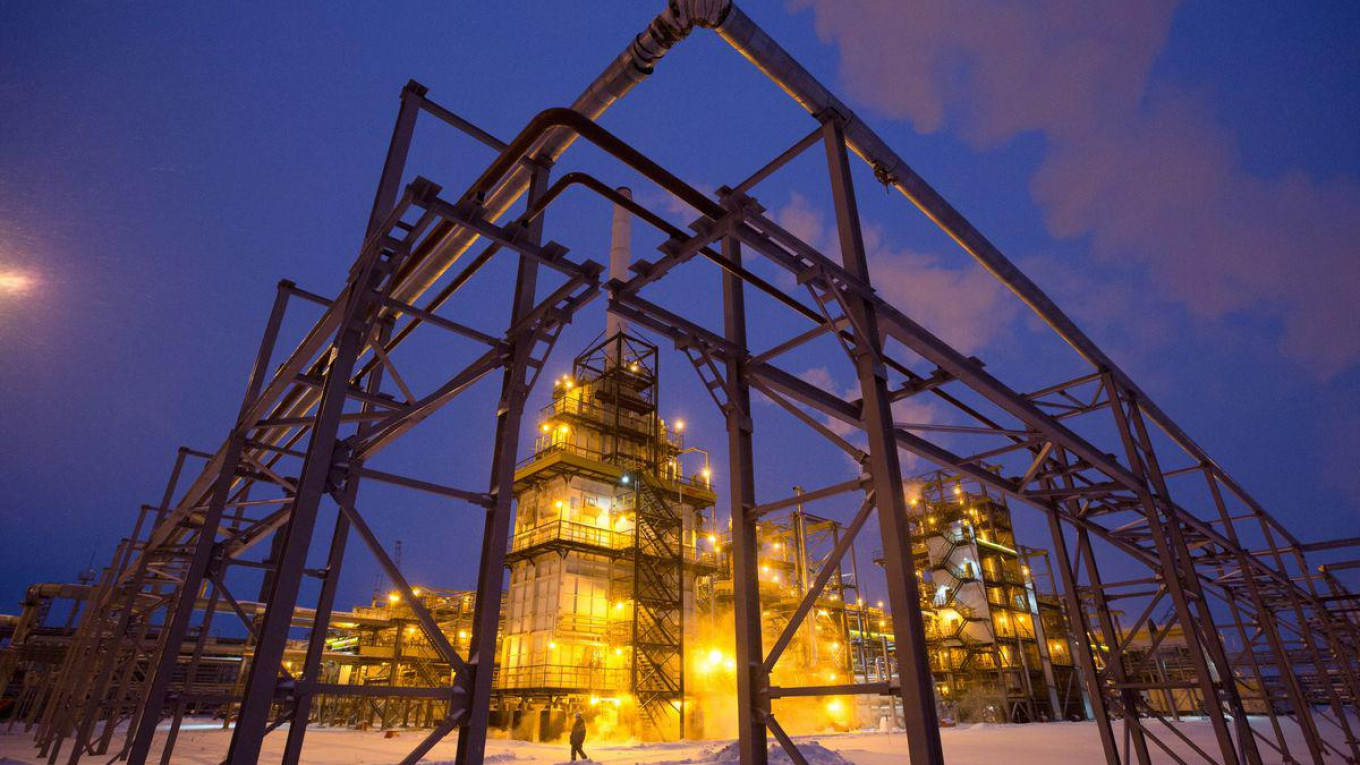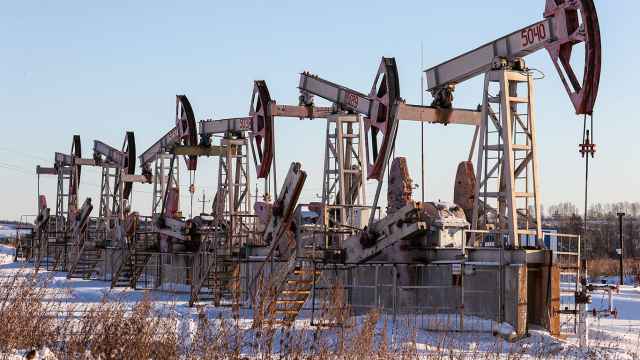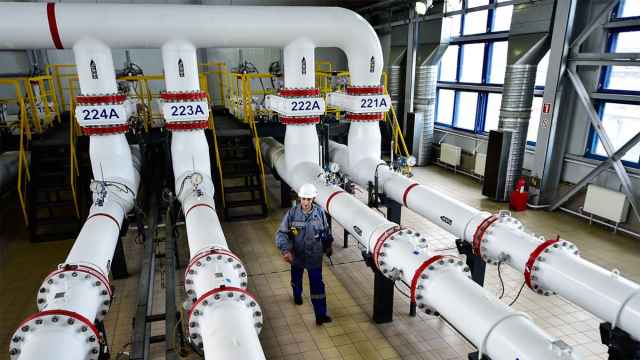(Bloomberg) — OPEC and Russia are ready to extend their oil production cuts until the end of next year to ensure global stockpiles keep falling and prices maintain recent gains.
All OPEC members and Russia, the biggest producer outside the group to join the deal, agree the cuts should last until the end of 2018, according to delegates in Vienna to attend Thursday’s meeting. On Wednesday, a committee charged with overseeing the agreement on behalf of the whole group also recommended extending until the end of next year, two delegates said.
"Everybody’s working toward that nine-month extension,” Nigerian Petroleum Minister Emmanuel Kachikwu said in a Bloomberg television interview.
A year after OPEC and its allies banded together in a dramatic bid to wrest back control of the oil market from U.S. shale producers, there’s a consensus that the job’s not finished. Nonetheless, the details of Thursday’s final agreement will matter to traders ready to scour the communique to gauge the strength of the group’s continued commitment.
Even though an extension through the whole of 2018 is all but certain, the cartel plans to hold a regular ministerial meeting next June, giving it the flexibility to alter the policy mid-game. For some oil investors, that potential review is a cause for concern. For others, it’s just the natural course of the cycle of twice-yearly OPEC meetings.
Brent crude, the global benchmark, traded 0.7 percent higher at $63.58 a barrel in London on Thursday morning. Prices have rallied since the start of September to the highest in more than two years on speculation the producers will extend their deal.
Prior to Wednesday’s talks, banks including Citigroup Inc. and Goldman Sachs Group Inc. had warned investors to prepare for disappointment due to Russia’s hesitance to prolong the cuts. There was no indication that Moscow had received the assurances it was said to be seeking on how and when the agreement could be phased out, yet Russian Energy Minister Alexander Novak offered a positive impression of the discussions.
“We had a very good constructive talk,” Novak told reporters after Wednesday’s committee meeting. “The market is still not rebalanced, needs further joint actions after April 1. Everybody recommended to extend the agreement.”
Russian Concerns
Novak’s comments echoed the view of his Saudi Arabian counterpart Khalid Al-Falih, who praised the “solid results” achieved by the cuts before the committee meeting.
"It has now been nearly a year since we reached the production agreement and the results have been indeed very gratifying,” he said. “In order to continue reaching our shared goals a good deal more hard work and commitment is essential."
OPEC’s evolving view of the oil market would seem to support a full-year extension. Until last week, the group’s internal analysis concluded that stockpiles would be back in line with the five-year average -- the group’s stated goal -- in the third quarter of 2018. At the meeting on Tuesday of officials from OPEC and non-OPEC nations that monitor the cuts, that date was pushed back to potentially as late as the start of the fourth quarter, said people familiar with the deliberations.
Among the possible outcomes for Thursday’s meeting is that the existing deal, currently scheduled to expire in March, is "reset" to run for 12 months from the start of January, one delegate said. That could allow the group to tweak the terms of the agreement.
For Russia, reassurance about how the cuts would eventually be wound down seemed to be as important as the duration of the extension, according to people involved in the closed-door negotiations. It needs greater clarity than most OPEC members because its economic policy making is more complex, including a floating exchange rate that fluctuates with the oil price.
Moscow also wants a schedule of how the cuts will end so it can guide privately owned Russian oil companies and their foreign partners about future output, the people said, asking not to be named because the talks are private.
The issue of how to eventually ramp production back up was raised in Vienna on Wednesday, Russia’s Novak said, without elaborating. All details will be announced on Thursday, he said.
“After all the grandstanding comments from Russia it looks like we are going the get the inevitable 9 months extension,” that was already priced in, said Ole Hansen, head of commodity strategy at Saxo Bank A/S. “Global supply and demand forecasts left no room for the group to make any adjustments at this stage.”
A Message from The Moscow Times:
Dear readers,
We are facing unprecedented challenges. Russia's Prosecutor General's Office has designated The Moscow Times as an "undesirable" organization, criminalizing our work and putting our staff at risk of prosecution. This follows our earlier unjust labeling as a "foreign agent."
These actions are direct attempts to silence independent journalism in Russia. The authorities claim our work "discredits the decisions of the Russian leadership." We see things differently: we strive to provide accurate, unbiased reporting on Russia.
We, the journalists of The Moscow Times, refuse to be silenced. But to continue our work, we need your help.
Your support, no matter how small, makes a world of difference. If you can, please support us monthly starting from just $2. It's quick to set up, and every contribution makes a significant impact.
By supporting The Moscow Times, you're defending open, independent journalism in the face of repression. Thank you for standing with us.
Remind me later.






